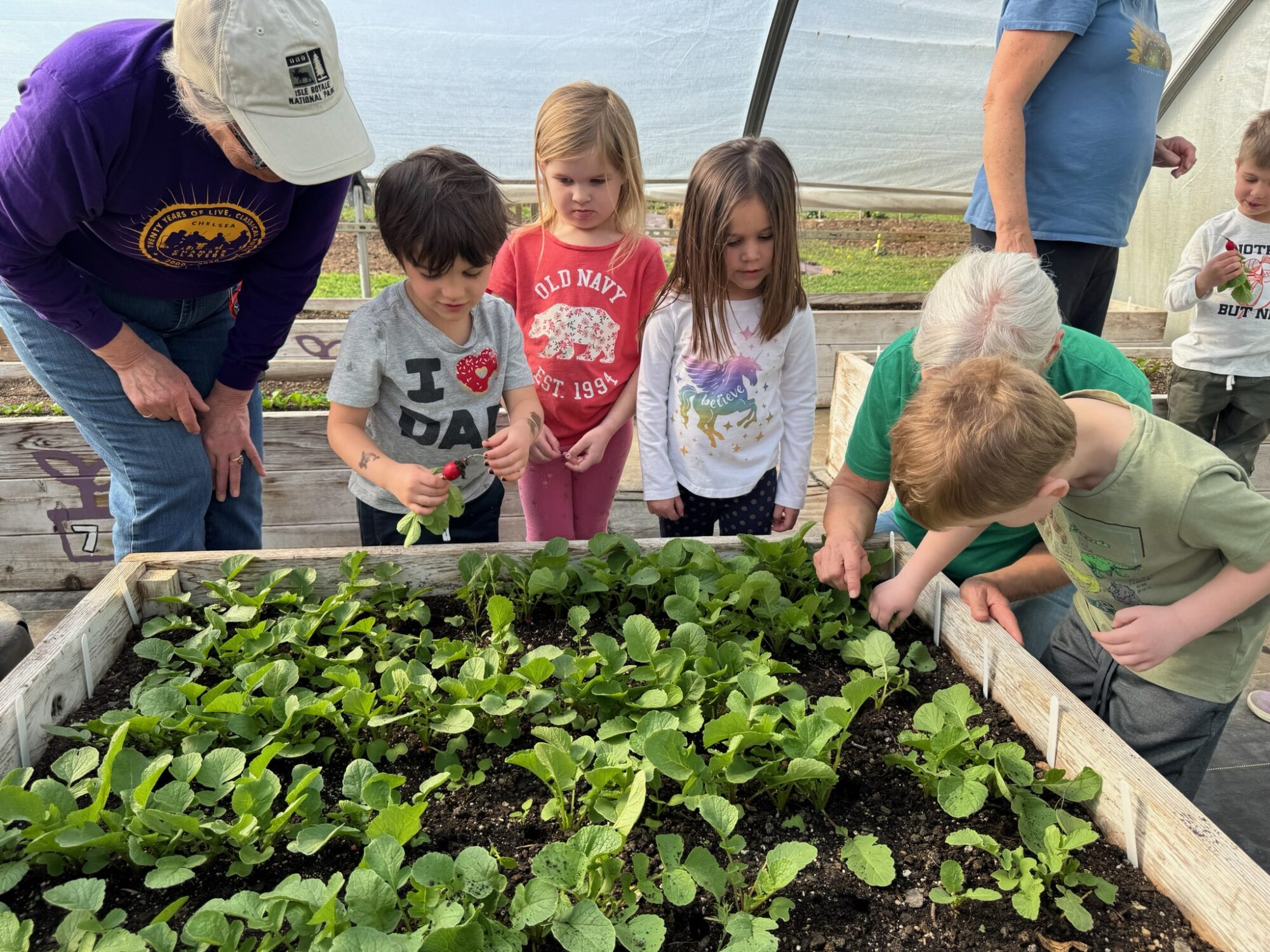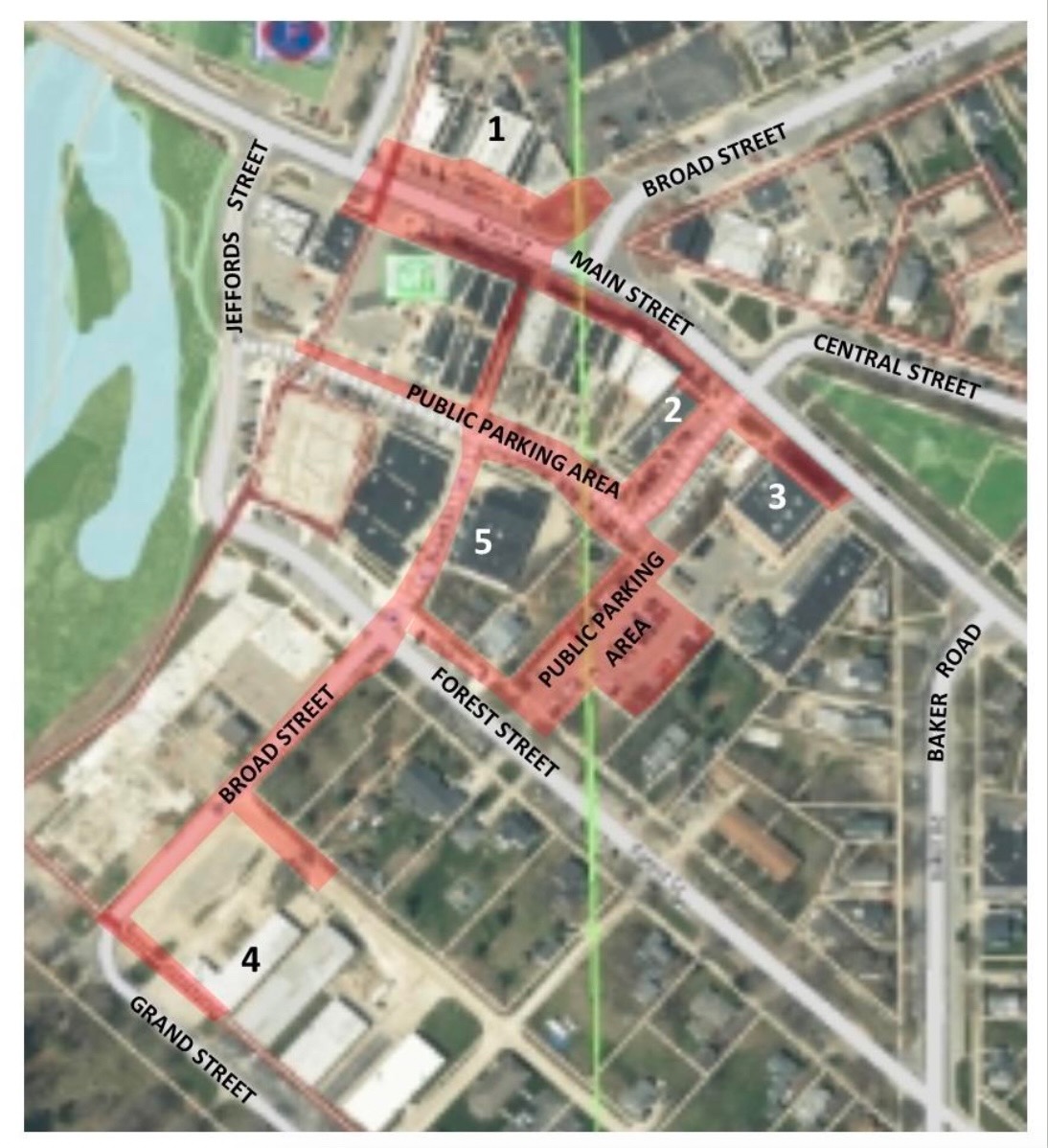“Let’s sit down for coffee. Let’s take a walk around town. Let’s have a conversation. Changemaking discussions between residents and their elected officials don’t always happen in council chambers when we are limited with how we can respond.”
As the Dexter City Council election approaches, voters are eager for more insight into the candidates’ plans for the city’s future. In this follow-up, we present their responses to additional questions posed by The Sun Times News. Write-in candidate Ray Tell did not respond to the questionnaire.
Q: When faced with difficult decisions, what core personal and professional values guide your vote and how do these values help you prioritize the needs of different community groups? How will you demonstrate support for projects or measures that were approved even if/when you voted against them?

Wa-Louisa Hubbard
When making decisions I do a combination of things. I have conversations with residents. I listen to city staff and other experts. I do my own research. I look at the past decisions that have gotten us to where we are in any given situation. Considering together what I gather from individually from each of those avenues, I move in the direction of what I think is best for our city as a whole.
Zach Michels
When I started my junior year at Michigan, I had just been admitted to the architecture program and was in the marching band. Both were extremely important to me, architecture for a career and training my brain, music had been a part of my life since I started violin lessons in first grade. Unfortunately, architecture classes and marching band had severe time conflicts. I went into band camp that year, 1997, not knowing if I would be able to continue with marching band after the first game. (The game was against Colorado with a Star Wars halftime.) I decided that I would prepare as if it was the last time I would be able to march. I wanted to be satisfied with that performance if I had to walk away and sign my name to it. I try to bring that framework to every decision that I make privately and as a public official. I need to be able to sleep well that night and all the following nights.
Being trained in architecture and urban planning, my worldview is informed by these two pursuits that frequently have a million shades of gray rather than a single correct and wrong answer. It is important to take the time to learn what these different perspectives are. It is important to take the time to learn the background and become a subject matter expert. It is also informed by a long time period. Decisions in architecture and urban planning cast a long shadow into time.
Having a long history of family members in some form of public service, I have learned that the most stable and important guiding star one can have is to continuously pursue and faithfully serve the public interest. Sometimes that requires sitting down and shutting up. Sometimes that requires standing up and speaking out.
Q: Small towns often have tight-knit communities. How do you plan to serve constituents who hold vastly different views than you on core issues? How do you plan to foster increased participation and more inclusive civic engagement, especially among residents who: might feel disconnected from local government; belong to underrepresented groups; are resistant to change?

Zach Michels
One of the best courses I took in the architecture program was a primer on how to learn from your clients. The concept was it can often be difficult for most folks to describe what they want their house to be. In order to serve them, one must ask questions around the edges, to change the perspective of how questions are asked.
During my 25 years in the urban planning world, I have used that approach on an almost daily basis. It can help bridge the gap between what a developer wants to do and what the neighbors are worried about. It creates a better result at the end of the day, even if the process is longer and bumpier. The best sword is one that’s been hit against the anvil from all different directions.
I have advised folks how they can advocate for their position at meetings and outside of meetings. If they don’t feel comfortable doing that, I have raised their concerns or suggestions myself.
I have supported underrepresented groups by working with rabbis in Ann Arbor to encourage displays in Monument Park for Jewish holidays. I have flown the rainbow flag at my house (and previous houses). I know what is like growing up on the edges and without resources, so I naturally want to amplify those voices and perspectives.
Change can be very difficult. Some people get their living room layout set up and never change it for the rest of their life. The key is to not ignore those who are resistant to change but to understand what the core essence of what they love is and working to preserve that.
Wa-Louisa Hubbard
My response to all three of these sub-questions may sound like a cop-out, but it is not. I would say the exact same thing to anyone. Let’s sit down for coffee. Let’s take a walk around town. Let’s have a conversation. Changemaking discussions between residents and their elected officials don’t always happen in council chambers when we are limited with how we can respond. Let’s get to know each other. I’m sure if we do, we’ll find that among our differences we have many similarities. I want all people to engage and help us make sure Dexter remains a strong community of folks who care about each other despite sometimes having different viewpoints.






 8123 Main St Suite 200 Dexter, MI 48130
8123 Main St Suite 200 Dexter, MI 48130


